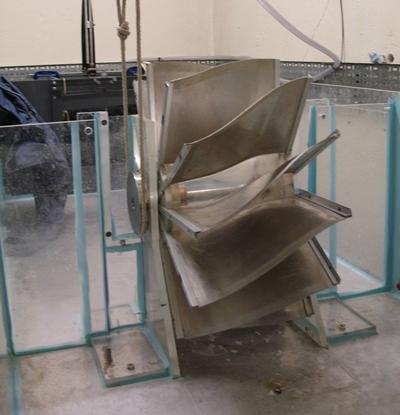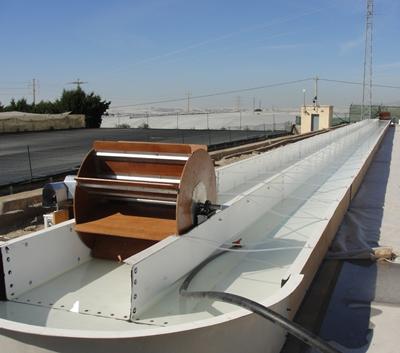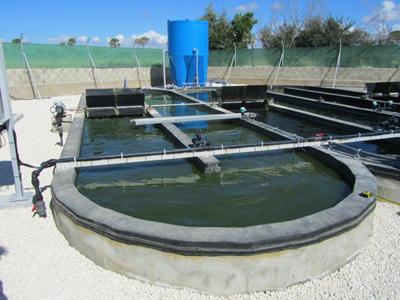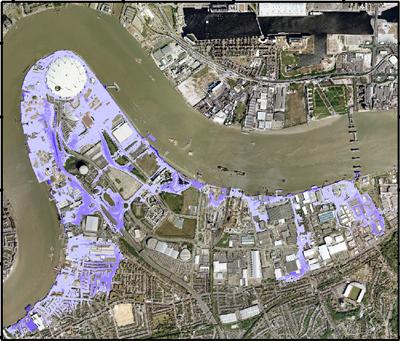Water Engineering
The Water Engineering Group is internationally known for its research.
The Water Engineering Group is internationally known for its research.
Some key topics include:
- Wastewater treatment: current research includes anaerobic treatment of wastewater at ambient temperatures, using a variety of technologies from expanded beds to membrane systems; advanced wastewater treatment using aerobic granular systems up to demonstration scale; nutrient removal; design and optimisation of waste stabilisation ponds to maximise wastewater reuse; and new methods for removal of trace pollutants using bio-sorbents and nano-adsorbers.
- Low head hydropower: New hydropower converters are under development which can use head differences below 2.5 m as a source of renewable energy. Unlike conventional turbine technology, these systems can be used in a cost effective and ecologically acceptable way. Two prototypes built and monitored in the EU FP7-funded project Hylow have shown efficiencies from 75-85%. Tests show that the converters can be used successfully in conjunction with fish and sediment passages. Work to expand the area of application and to improve the technology is continuing.
- Environmental Fluid Mechanics: research areas include the interaction between Turbulent Boundary Layers with groups of fixed or moving bodies (e.g. wind farms or fish schools); prediction of local scour around bridge piers and off-shore structures; aerodynamic design of novel rain gauges; dispersion of methane emissions from landfills; flow resistance and sediment transport in geophysical flows; wall-turbulence and Lattice-Boltzmann simulations of laminar flows.
- Hydrology and water resources: EPSRC-funded research on surface zone infiltration into engineered clay slopes has shown that climate change will lead to increased risk of instability. Aquifer recharge modelling shows that water tables may fall between 1-2 m by the end of the century in the UK. Coastal flood risk is being evaluated for new nuclear power stations in the UK, and for Bangladesh as part of the NERC/DFID 'Ecosystems for Poverty Alleviation' programme. The first Windows version of CROPWAT was written in Southampton for the UN's Food and Agricultural Organisation. This software is being used worldwide for regional water resources evaluation.
- Flooding and modelling
Our research focuses on the development of methods to understand, model and mitigate the risk of flooding. Specific interests span across a wide range of scales, from grain-scale fundamental questions through local (e.g. urban flooding) to large-scale flooding problems. Our activities are based on a strong combination of theory, experimentation and the development and application of computational models. A significant part of our current work includes the development of innovative methods for modeling flood propagation problems at high-performance. These algorithms are designed to make efficient use of increasingly vast amounts of data and computational resources available. The experimental component of this research focuses on the interaction between floods and infrastructures. In particular, research is under way to understand the mechanisms of bridge obstructions in rivers, and its effects on the risk of flooding.



